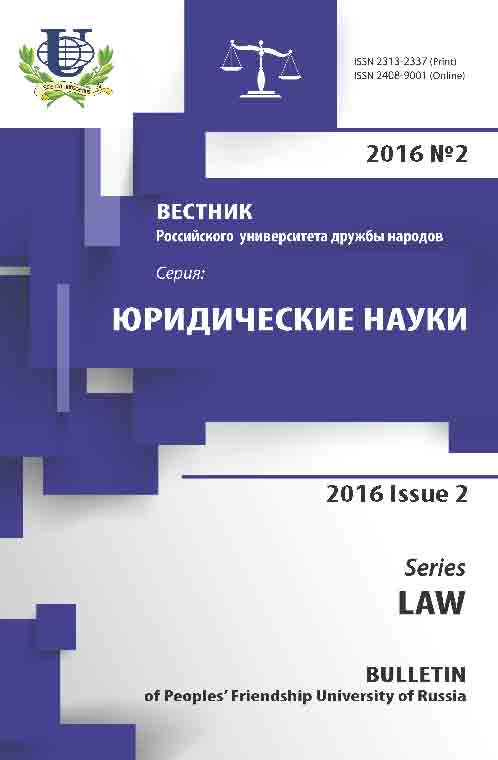The antitrust legal regulation of the gas industry in the European Union
- Authors: Volkov A.K.1
-
Affiliations:
- National Research University Higher School of Economics - Saint-Petersburg
- Issue: No 2 (2016)
- Pages: 81-104
- Section: Articles
- URL: https://journals.rudn.ru/law/article/view/14796
Cite item
Full Text
Abstract
In the article, the author focuses primarily on the general rules of EU antimonopoly regulation, inter alia: the dominant position, the anti-competitive agreements and the State assistance. The author also specifies of special features of the regulation, as well as its practical regulation. In the second part of the article, the researcher analyses the specific antitrust norms, applicable to gas industry in the sectors of gas transport, distribution, storage and commerce. The author points that today the antitrust law became the basic instrument of the gas industry development. The application of the common rules became habitual and gets the gradual character. At the same time, the doubts on the necessity of the antitrust law existence still exist. The application of the specific antitrust norms give rise to more doubts. Possibly because of the lack of the practice of the realization of the EU legislation, may be it is too early to make the conclusions about the effectiveness of the antitrust legal regulation. Already, there are propositions of the elaboration of the new directives. However, while implementing future reforms concurrence should not be achieved through the establishment of the new barriers on the market. The measures like unbundling, the regulatory access to the infrastructure themselves present the restrictions of the freedom of the entrepreneurship. Consequently, more actual is not the adoption of the new directives but the deregulation. The diminution of the States interference will allow to retain the incitements for the monopolist and to eliminate the barriers of the entrance on the market. The author comes to the conclusion that if the adoption of the new acts is inevitable for the legislator, the institutions should, first of all, proportion the goals and measures of their achievement and, secondly, secure the balance between the importance of the concurrence developpement and the energy efficiency, keeping in mind the deficit of this resource.
About the authors
Aleksandr Konstantinovich Volkov
National Research University Higher School of Economics - Saint-Petersburg
Email: akvolkov@hotmail.com
17, Promyshlennaja st., Saint-Petersburg, Russia, 198099
References
















